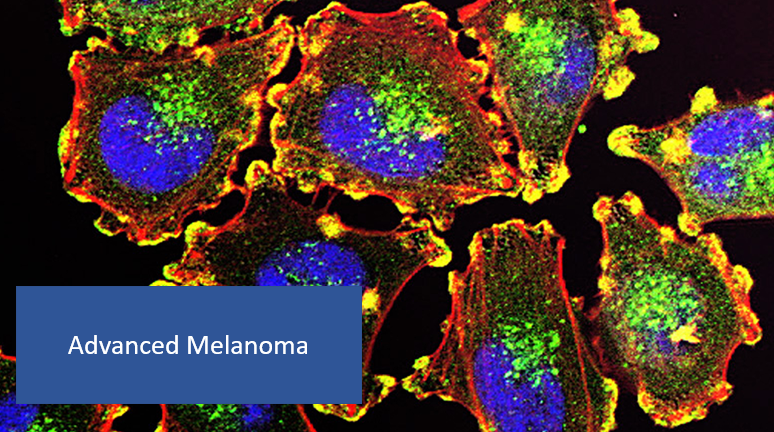Marco Donia shared a post on LinkedIn:
“Ipilimumab Plus Nivolumab or Relatlimab Plus Nivolumab in Advanced Melanoma (indirect comparison)
Free access (G. Long, J Clin Oncol, Aug 13, 2024)
Key Question: How does Ipilimumab plus Nivolumab compare to Relatlimab plus Nivolumab in patients with treatment-naive, metastatic melanoma without brain metastases?
Key Findings:
- Efficacy: Nivolumab plus Relatlimab offers similar efficacy to Nivolumab plus Ipilimumab in key outcomes, including progression-free survival (PFS), overall survival (OS), and melanoma-specific survival (MSS). These results held across the overall population and most subgroups. (See Subgroups at Fig S2, S8, and S10)
- Safety: Nivolumab plus Relatlimab was associated with fewer grade 3-4 treatment-related adverse events (TRAEs) (23% vs. 61%) and a lower incidence of TRAEs leading to discontinuation (17% vs. 41%) compared to Nivolumab plus Ipilimumab.
Clinical Implications:
- Nivolumab plus Relatlimab represents a reasonable alternative first-line option for many patients with treatment-naive, advanced melanoma without brain metastases, especially for those who do not want or cannot tolerate the harsh tox profile of ipi+nivo
- Subgroups such as BRAF+, PD-L1<1%, LDH>2xULN, liver metastases, acral-, and mucosal-melanoma warrant further attention for tailored therapy.
Open Questions:
Are there subgroups that may achieve similar efficacy, but with lower toxicity, using anti-PD-1 monotherapy? Patients with PD-L1≥1% could represent one such group, more at.
Future Directions:
- Continued research, including potential head-to-head trials, is needed to refine the optimal first-line treatment for patients with metastatic melanoma.
- Exploring long-term outcomes and quality of life impacts, both in clinical trials and real-world settings, will be crucial for guiding future treatment protocols.
About the Study:
- This is not a RCT nor a non-inferiority study
- This is an exploratory, post-hoc indirect comparison of two independent trials enrolling at different times (RELATIVITY-047 in 2018-2020 and CheckMate 067 in 2013-2014).
- Trials vs real-world
- Baseline characteristics were balanced using a propensity-score model, a standard methodology in real-world studies and cross-trial comparisons.
More about this methodology. Example of propensity-score model application in observational melanoma research.
My Opinion:
- This study is very well-conducted, methodologically rigorous. Congrats to the authors!
- Data sharing from these trials could enable new analyses and deepen our understanding of melanoma treatment. Interested researchers can apply for data access.”
Source: Marco Donia/LinkedIn
Marco Donia is a Senior Consultant, Clinician-Scientist and Junior Research Group Leader (TIL group) at the Department of Oncology and Center for Cancer Immune Therapy, University of Copenhagen Herlev Hospital, Denmark. He serves as an Associate Professor in Clinical Oncology at the University of Copenhagen. Donia is also a clinical oncologist treating patients with cancer immunotherapy. His research group is currently investigating new immune-regulatory circuits in PD-1/PD-L1.



